Rat Pest Control Service
Rats – even just reading the word can be enough to send a shiver down your spine. And rightly so, because having any kind of rat infestation can be devastating to your home, business, and even your health. That’s why it’s critically important that any signs of having rats in your property must be taken extremely seriously; the sooner you can enlist experts in removing rats the better.
There are two species of rat in the UK: the brown rat (Rattus norvegicus), also known as the common rat, street rat, or sewer rat, and the black rat (Rattus rattus), which is also known as the roof rat, ship rat, or house rat.
To help give you a better understanding about these nasty vermin, DALPEST Pest Solutions experts have collated everything you need to know about pest rats – including the signs of a rat infestation, tips to avoid them entering your property, and what to do if you suspect you have a problem.
Unfortunately, rats are a year-round pest and can cause upset and havoc in equal measure at any time. However, due to the colder weather between autumn and spring, rats are more likely to seek out warmth and food in homes, buildings, sheds, loft spaces and cavity walls during these chillier months.
In keeping with other rodent pests, there are several key signs that may indicate the unwanted presence of rats in your property:
- Rat droppings: Rat droppings are dark brown, oval-shaped and usually around 10-20mm in length – similar to large grains of rice. They are commonly found in large groupings (their “toilet area”) in places like loft spaces, insulation, below kitchen equipment, around food storage areas and along shed/garage walls.
- Loud noises: Rats tend to make the most noise when scuttling and scratching within wall and roof spaces late at night, mainly between 11pm–2am.
- Nesting material: If you discover areas of shredded paper, fabric, wool or similar materials, it’s likely these have been caused by rats trying to set up home in your property.
- Chew and gnaw marks: Rats like to chew on just about anything, including wires, cables, wood, metal, and of course foodstuffs and storage containers.
- Rat holes: Brown rats create burrow systems underground to act as their shelter, nest, and a place to store food. These are usually located alongside buildings, so look out for these in your garden or nearby open areas.
- Rat runs: These are the noticeably smoothed areas rats continuously use, most visible in grass, dirt, and insulation.
- Dirt marks: Rats travel on regular routes along walls and skirting boards – in doing so they leave grease and dirt marks on surfaces.
- Footprints: To help you recognise these, pour some flour in suspected rat-infested areas and check if footprints appear the following day. This is usually most effective in hidden and less-used areas of the property.
- Stale smells: Notice an unpleasant, musty ammonia smell similar to urine emanating from hidden areas like cupboards and cabinets? Unfortunately, that’s the distinctive scent rats produce.
How DALPEST pest solutions deal with rats
Proofing measures
Education on prevention
Rodenticides
Similar to our mice pest control tactics, when it comes to safely and efficiently removing rats from your property – and preventing them from reappearing – we follow the principles of Integrated Pest Management (IPM) and Risk Hierarchy.
In other words, we believe prevention is better than the cure. This means rodenticides are used as a last option to remove the rats once we have assessed the size and extent of the infestation.
What to do if you suspect you have a rat problem
If you have seen rats either inside or outside your property, or have noted signs indicating they could be present, these are the three steps you should take:
In keeping with our tips to avoid encouraging rats, undertake a deep clean of your property. Ensure that absolutely no food or water sources are left out in the open or are accessible, and that any potential nests for rats to hide in are dealt with.
Inspect the property to the best of your ability to locate any obvious places where rats could be entering – and promptly block them if at all possible.
We are experts in rat pest control and will safely and efficiently remove any infestation before advising on how to stop rats from returning.
Why choose Dalpest pest solutions?
Rapid response available - we get to you quickly
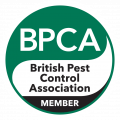
British Pest Control Association (BPCA) members

Highly-skilled, experienced pest control technicians
100% child, pet and environment friendly
Education, not just eradication

Five-star customer service for all pest problems
Why Dalpest?
Rapid response available - we get to you quickly

British Pest Control Association (BPCA) members
100% child, pet and environment friendly

Highly-skilled, experienced pest control techs
Education, not just eradication

5-star customer service for all pest problems
Tips to avoid encouraging rats in your property
Although rats can get into any property regardless of the preventative measures in place, there are a number of things you can do to minimise the risk of them entering your home or business premises.
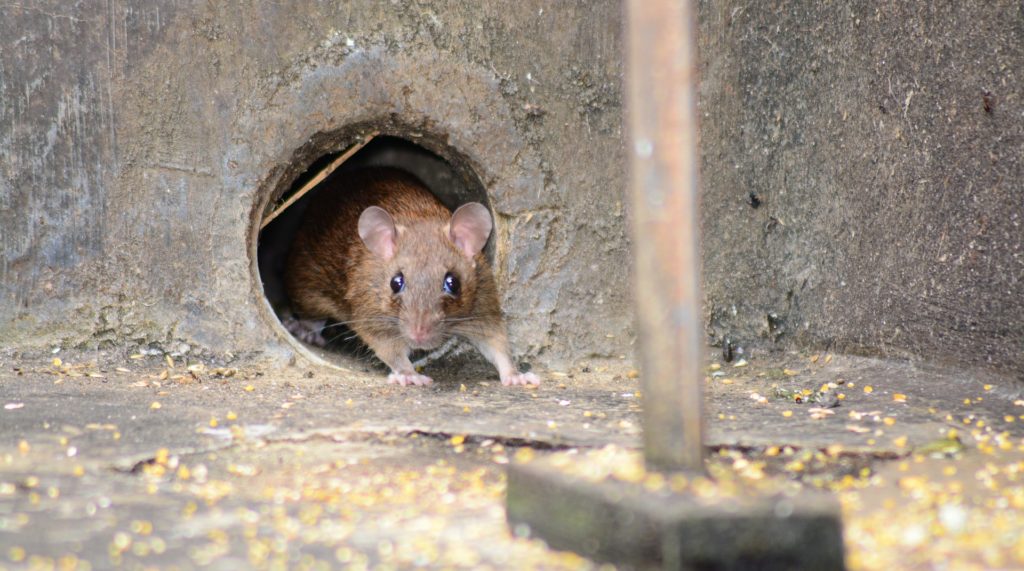
This can be as simple as plugging small holes with steel wire wool, or patching up holes in inside and outside walls, such as air bricks. Rats can fit through holes as small as 15mm wide, so it’s important to block up every possible entry route for them.
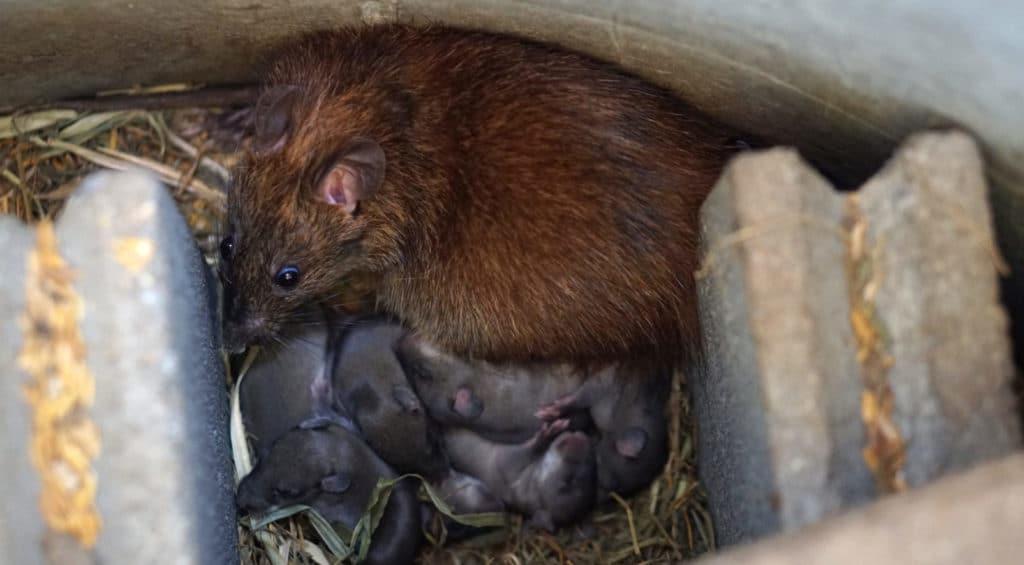
Don’t leave stacks of newspapers or boxes with packaging materials such as styrofoam and wadding lying around. These are ideal places for rats to set up home, so make sure you keep things tidy and remove anything they could settle down in. Compost, tree cuttings and bins are also common harbourage points for rats and should be removed or securely sealed.
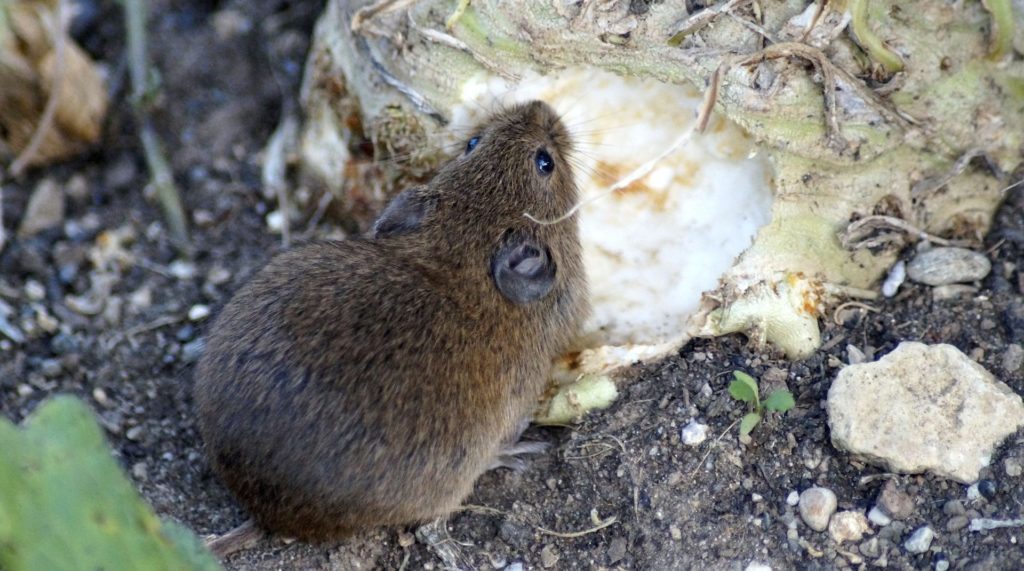
Never leave food out in the open – always safely store any open foodstuffs in secure containers such as tupperware. Cleaning up spillages, crumbs and leftovers is also essential to discourage rats from entering the property. This includes bird food and excess waste around bins, bird baths, etc. Rats also require water to survive, so removing any water source will discourage rats from sticking around.
What are the dangers of rats in your home and business?
Having rats in your home or business can be equally damaging to your health, property, and reputation – we cannot emphasise strongly enough how important it is that your rat problem is brought under control and removed as quickly as possible.
Rats are well-known carriers of several diseases which can cause serious harm to humans, including:
- Leptospirosis (also known as Weil’s disease)
- Salmonella
- Listeria
- Toxoplasma gondii
- Hantavirus
These spread to humans via rats’ urine (which they spray wherever they go) and are a particular cause for concern around food preparation areas. It goes without saying these are major health hazards for any individual, not to mention the added stress you endure when hearing rats scuttle through your floorboards.
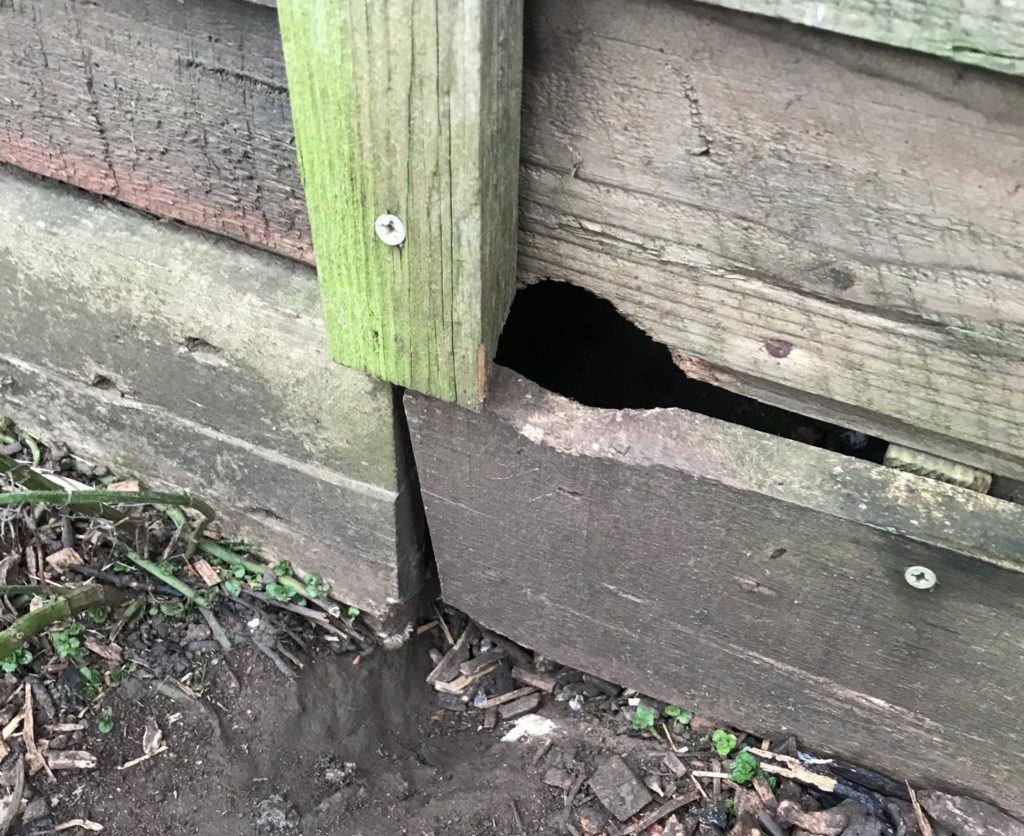
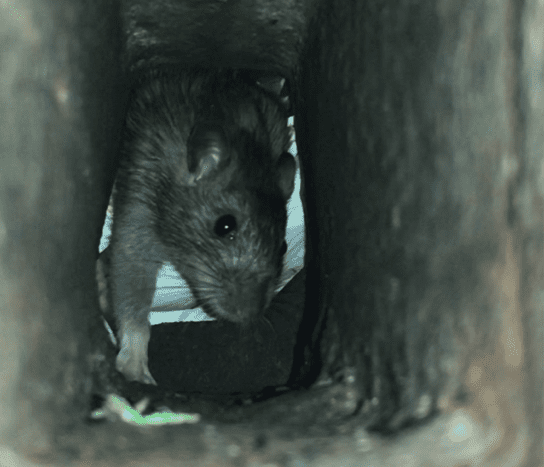
A rat infestation is devastating to businesses too, which is why business owners have a legal duty to keep premises rodent-free. As well as the reputational damage an infestation can cause a business, restaurant, hotel or similar, it could also lead to Environmental Health Officers not only shutting down the premises, but also commencing criminal proceedings in serious cases.
Rats gnaw on virtually anything they can get their teeth on – including concrete, wood, glass and metal – so they can easily cause significant structural damage as well. Indeed, rats chewing through wires and cables have been blamed for many electrical fires and floods in the past.
Facts about the brown rat
- The brown rat is the most common species in the UK, and can be a pest in homes and businesses at any time of the year.
- The brown rat can grow up to 40cm in length, with a tail around 10-25cm long. They can weigh up to 500g and have a lifespan of 1-3 years.
- Brown rats have a thicker body, blunt nose and smaller ears compared to black rats.
- Brown rats are the only species that are found in UK sewer systems.
- Brown rats have a gestation period of around 21-24 days.
- They typically have seven or eight babies per litter, and up to six litters per year – meaning they are capable of producing almost 50 offspring each year.
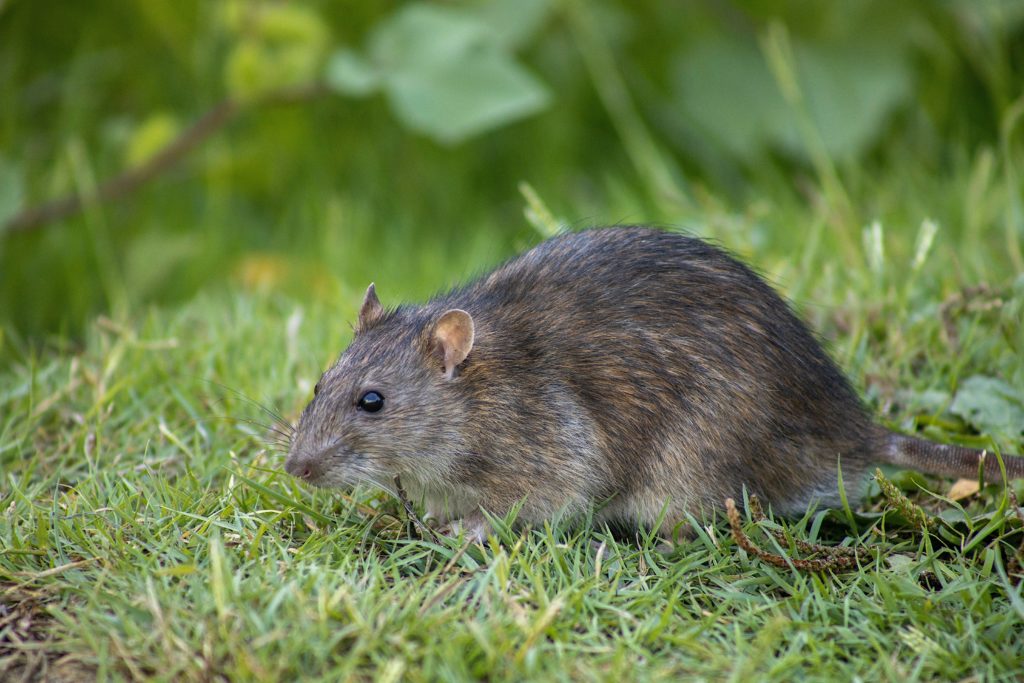
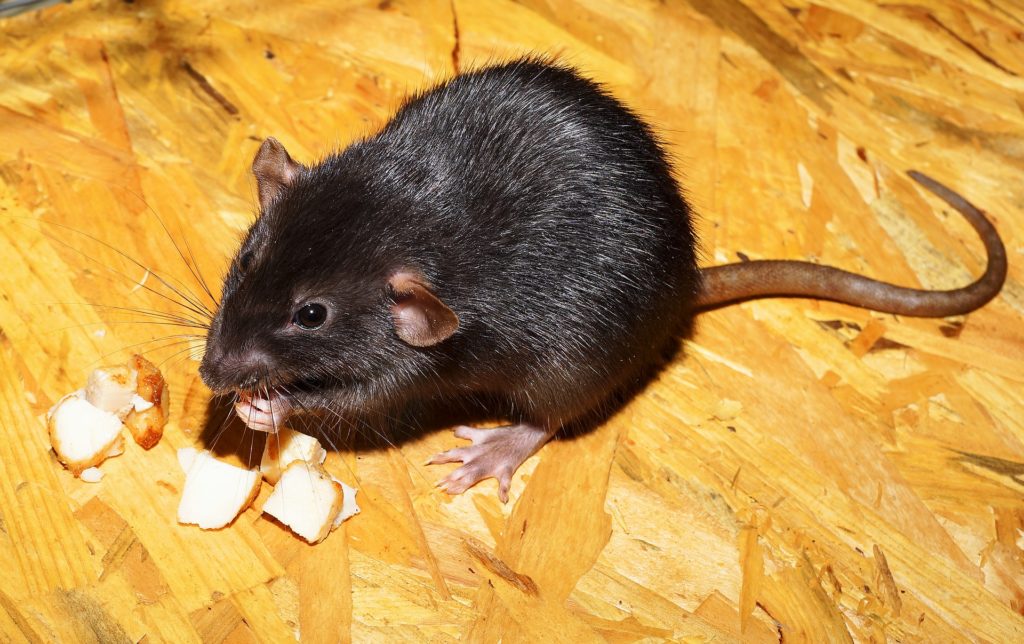
Facts about the black rat
- Black rats are rare in the UK, often only found in dockyards and ports rather than inland buildings.
- Black rats are typically around 15-25cm long, with a tail longer than its body. They weigh up to 250g and have a lifespan of around one year.
- The black rat is more slender than the brown rat, with a pointed muzzle and larger ears.
- Black rats have a gestation period of around 21-24 days.
- They typically have between five and 10 babies per litter, and up to six litters per year – meaning they are capable of producing as many as 60 offspring each year.








